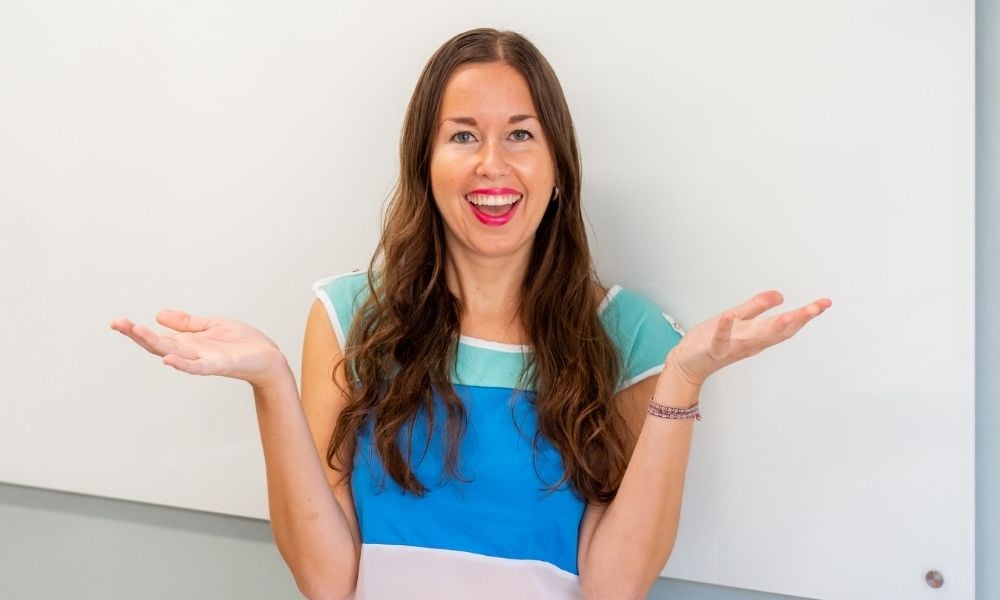
As Albert Einstein once said: 'Play is the highest form of research'

As Albert Einstein once said: “Play is the highest form of research.”
We’re taught to play at a young age – to be creative, think innovatively, be imaginative. And then, out of nowhere, we’re told to put aside our childish things, grow up, and move on. But, as HR leaders are starting to realise, it seems we’re missing a trick in ignoring the benefits of teambuilding and play.
As we move into a more remote working structure – it’s clear that collaboration is waning, or at the very least becoming more difficult to maintain. And while this may seem inevitable given the current climate, it’s having a detrimental impact on morale, productivity, and retention.
HRD spoke to Kara Latta, founder and chief fun officer at The Playful Warrior – an organization committed to playful teambuilding and reconnecting colleagues.
“Playful Warrior was created to help people reconnect to their inherent playfulness and uninhibited creativity,” she told HRD. “So many adults think they're not creative, or they stay away from play, not realizing that play is actually a part of who we are. We grow up thinking that play is silly or immature, or fluffy or purposeless. But that’s actually not true.
“In order to truly connect with ourselves, we need to play. It opens up what’s possible for us to expand our life, it brings more joy and fun, it also brings more creativity and adaptability, productivity and wealth, which really improves our overall wellbeing.”
This renewed focus on teambuilding is so important in these trying times. With more and more employees opting to stay in remote work, our face-to-face collaboration time is precious. In fact, a recent report from Salesforce found that 86% of executives and employees cite a lock of collaboration as a main reason for workplace failures.
This disconnect between work and innovation was something Latta felt herself. Having worked in the corporate world for 10 years, she’d reached a point where she felt stuck and disconnected.
“I was technically good at my job,” she told HRD. “But I knew that that wasn't what I was meant to do – then again I had no idea what I did want to do. A few things happened – from COVID-19 to my relationship ending to finding cockroaches in my house – and it led me to do some self-reflection and therapy. Playing was a big part of that – it helped me reconnect with my childhood and that sense of curiosity and fun. It was like suddenly I realised the impact play was having – on my mental state, on my ambitions, and on my career goals.”
As for the sorts of activities Latta encourage employees to do at her events – she likes to keep it pretty spontaneous. That way, people don’t have a chance to over-think things before the teambuilding has even begun. The main aim of the sessions are to promote connectivity as a way of boosting inner wellbeing – something that play has been scientifically shown to do.
“Playing reduces cortisol which forms stress levels and it also triggers the release of endorphins,” Latta revealed. “As for our overall wellbeing, playing has been found to improve brain function, deepen connections between colleagues, inspire teams, and help individuals feel more rested.
“Stuart Brown, who founded the National Institute for Play in the United States, he believes that play deprivation is a risk for our health. I think that’s so powerful, because so many adults, especially in the corporate world, are so play deprived. When we engage in these sorts of teambuilding exercises, we see different sides to our colleagues – we uncover new strengths and aspects of their characters. This only leads to yet more innovation when they return to the workplace.”